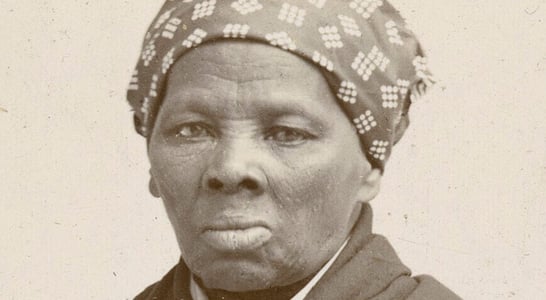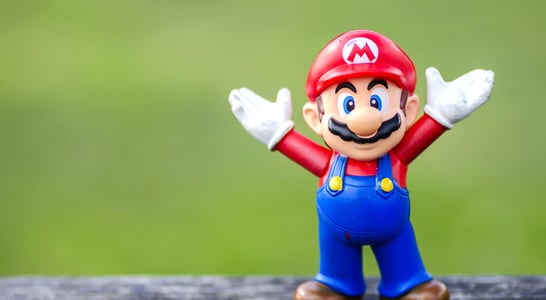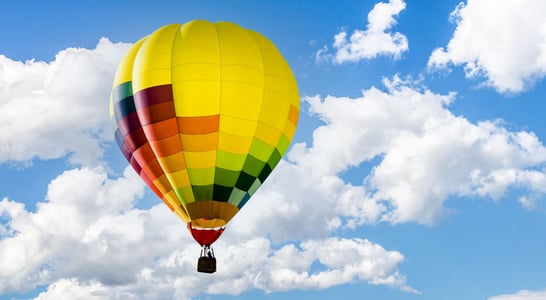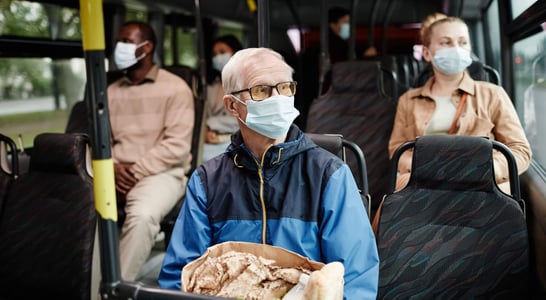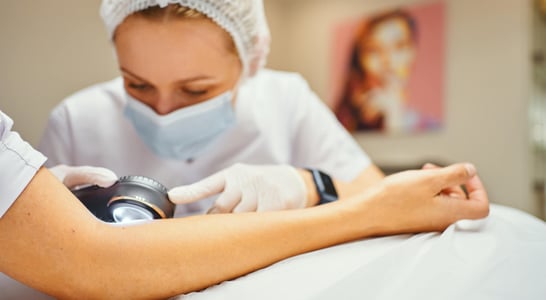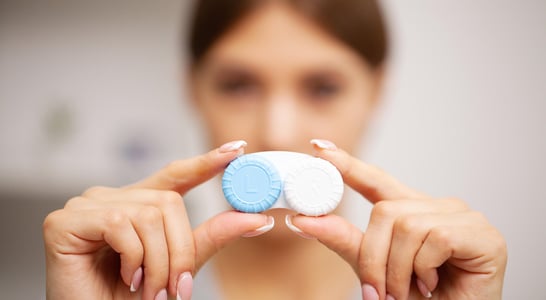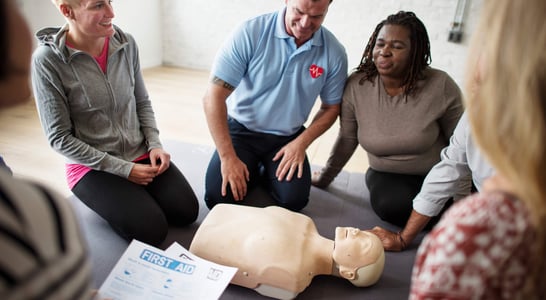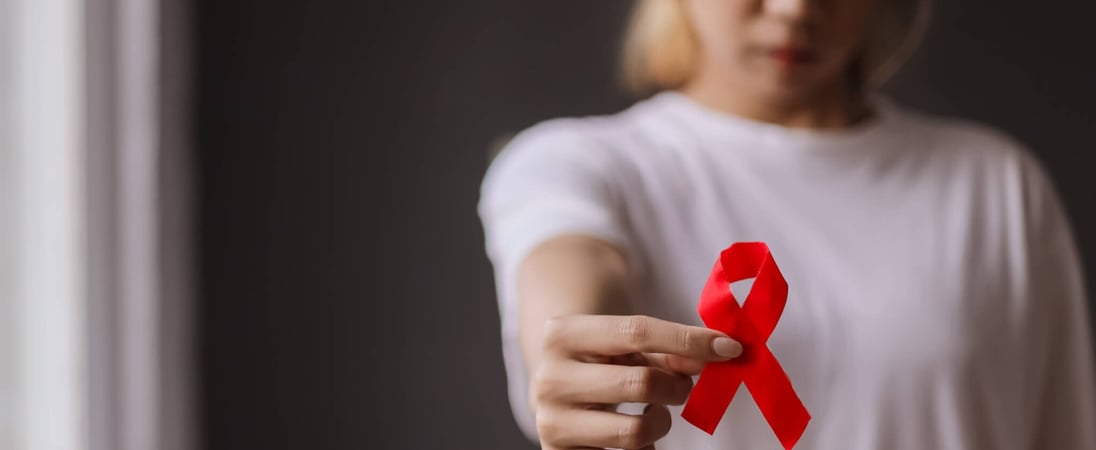
National Women and Girls HIV/AIDS Awareness Day
National Women and Girls HIV/AIDS Awareness Day brings attention to the unique challenges women and girls face when it comes to HIV. This national event focuses on spreading vital information about prevention, testing, and treatment.
It highlights how important it is for women, particularly women of color, to know their HIV status and access necessary care.
Every year, this day reminds us that HIV still affects many women, and understanding prevention options like pre-exposure prophylaxis (PrEP) can help reduce risk.
By encouraging discussions and offering resources, the day aims to break down barriers like stigma and misinformation. It calls on communities, healthcare professionals, and individuals to support women living with or at risk of HIV.
How to Celebrate National Women and Girls HIV/AIDS Awareness Day
National Women and Girls HIV/AIDS Awareness Day is a powerful opportunity to raise awareness and show support for women and girls impacted by HIV. Here are some fun and meaningful ways to get involved:
Host a Watch Party
Gather friends for an HIV documentary or webinar screening that highlights women’s stories. After watching, spark a lively discussion on prevention and care. You can make it as casual or structured as you’d like!
Post and Share
Go digital! Share facts, stories, or infographics on your social media platforms using the hashtag #NWGHAAD. A quick post can spread awareness to friends and family in seconds.
Organize a Community Event
Plan a local event, like a health walk, where participants can learn about HIV prevention, testing, and treatment. Partner with health professionals to offer testing booths or informational materials to make the day educational and active.
Wear Red to Raise Awareness
A small but powerful statement—wear red to show support and start conversations. When someone asks about your choice of color, use the moment to talk about HIV prevention and the importance of getting tested.
Get Tested and Encourage Others
Lead by example and schedule your own HIV test. Then, challenge your friends to do the same. Knowing your status is a key step toward health and awareness.
History of National Women and Girls HIV/AIDS Awareness Day
National Women and Girls HIV/AIDS Awareness Day was first observed in 2006. The U.S. Department of Health and Human Services’ Office on Women’s Health (OWH) started it to address the unique challenges women face regarding HIV.
This awareness day was created to shine a spotlight on the importance of prevention, testing, and treatment for women and girls, especially in communities of color, where HIV rates are disproportionately high.
The day aims to increase awareness of the resources available and highlight the actions that can be taken to reduce the impact of HIV on women and girls.
The observance emphasizes the importance of testing and care at all stages of life. Women who are aware of their status can take steps to protect themselves and their loved ones, making this awareness effort crucial in reducing the spread of HIV across the country.
This annual observance unites local, state, and national organizations. Each year, events and campaigns focus on educating women about HIV risks and promoting prevention strategies. It also emphasizes access to care for those living with HIV.
The continued efforts of the OWH have kept this critical conversation alive for nearly two decades.
See what else is happening…
There’s always more going on every month at Days Of The Year. Here are our favorites this month!
Also on ...
View all holidaysNational Mario Day
Join this iconic Italian plumber on his adventures through fantastic worlds, battling fierce enemies and saving the Princess!
We think you may also like...
National Public Health Week
The well-being of communities — disease prevention, and better living through knowledge and action, towards a healthier world.
Cancer Prevention Action Week
Promoting wellness and safeguarding health through knowledge and lifestyle choices, offering protection against a formidable adversary.
